Irritable bowel syndrome (IBS) is a common disorder that affects the large intestine and is typically characterized by symptoms such as abdominal pain, bloating, cramping, and diarrhea or constipation.
Hemorrhoids, on the other hand, are swollen veins around the anus that can cause discomfort, itching, and bleeding.
High-fiber foods are often recommended for hemorrhoids and IBS, as they help regulate bowel movements and reduce constipation. Drinking water and other liquids, such as fruit juices and clear soups, can help the fiber in your diet work better.
In this enlightening blog post, we'll dive into the life-changing benefits of a hemorrhoid diet specifically designed for your hemorrhoid diet for IBS. you'll walk away with useful tips on how to seamlessly incorporate this into your daily routine.
Key Takeaways:
- Dietary adjustments can significantly alleviate symptoms of IBS and hemorrhoids. One such adjustment is a high intake of insoluble and soluble fiber, which adds volume to stool and eases its passage through the digestive tract.
- Foods that are beneficial for managing IBS and hemorrhoids include whole grains, legumes, fruits, vegetables, lean proteins, and healthy fats.
- Essential food groups to include for relief from IBS and hemorrhoid symptoms are oats and avocados, beans and lentils, apples and berries, carrots and broccoli, whole grains, lean protein, and healthy fats.
- Foods to avoid while managing IBS and hemorrhoids are processed foods, dairy, spicy foods, fried foods, caffeine, peanuts, popcorn, alcohol, chocolate, gas-producing foods, dairy products, and artificial sweeteners.
- In managing both IBS and hemorrhoids, lifestyle tips include mindful eating habits, stress reduction, avoiding eating late at night, and not rushing through meals.
- Following a diet designed for IBS and hemorrhoid sufferers offers benefits such as reduced digestive discomfort, improved bowel movements, decreased inflammation, enhanced gut health, prevention of complications, increased hydration, better nutritional intake, and enhanced quality of life.
Hemorrhoid Diet for IBS: Effective Dietary Management
Both IBS and hemorrhoids can be challenging, but dietary adjustments can play a significant role in alleviating symptoms. Insoluble fiber adds volume to stool and helps you excrete easily, with less pain and discomfort from piles. Whole grains such as quinoa, barley, brown rice, oats, whole rye, and corn are healthy foods. Here are some dietary tips that may help:
High Fiber Intake
A diet rich in fiber, particularly soluble fiber, can help soften stools and make them easier to pass, which benefits both IBS and hemorrhoids. Foods high in soluble fiber include:
Oats and Avocado
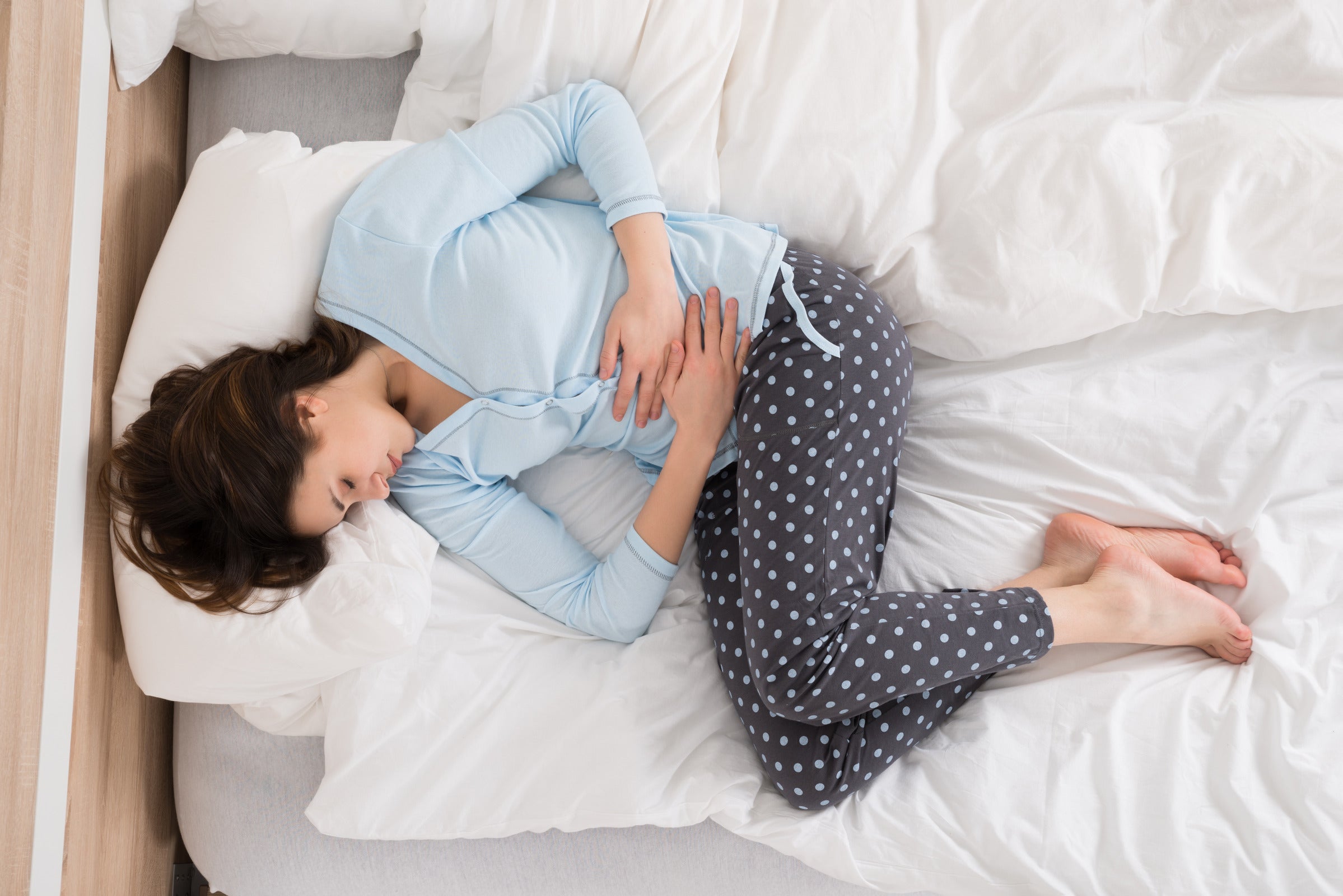
a balanced diet containing foods like oats, avocado, is perfect for easing painful problems caused by piles. Soluble fiber, found abundantly in oats, helps regulate bowel movements by adding bulk to stools and easing their passage through the digestive tract.
Incorporating oats into your daily diet can help prevent constipation, a common trigger for IBS flare-ups and hemorrhoid discomfort. Start your day with a hearty bowl of oatmeal topped with fresh fruits for a delicious and gut-friendly breakfast.
Legumes (Beans, Lentils)
Legumes, including beans and lentils, are nutritional powerhouses packed with fiber, protein, and essential nutrients. Despite their reputation for causing gas in some people, incorporating them into your diet in moderation can benefit gut health.
The soluble fiber in legumes promotes regularity and helps alleviate constipation, a common concern for IBS sufferers. Moreover, their protein content provides a satisfying and sustainable energy source, keeping you full and energized throughout the day.

Fruits (Apples, Berries)
Fruits are essential to the Hemorrhoid Diet, particularly those rich in fiber and water content. Apples, with their skin left on, are a great source of insoluble fiber, which adds bulk to stool and facilitates bowel movements.
Berries, such as raspberries and strawberries, are delicious and packed with fiber, antioxidants, and vitamins, making them an excellent choice for digestive health. Incorporate a variety of fruits into your daily meals and snacks to ensure you're getting a diverse array of nutrients while keeping your digestive system happy.
Vegetables (Carrots, Broccoli)
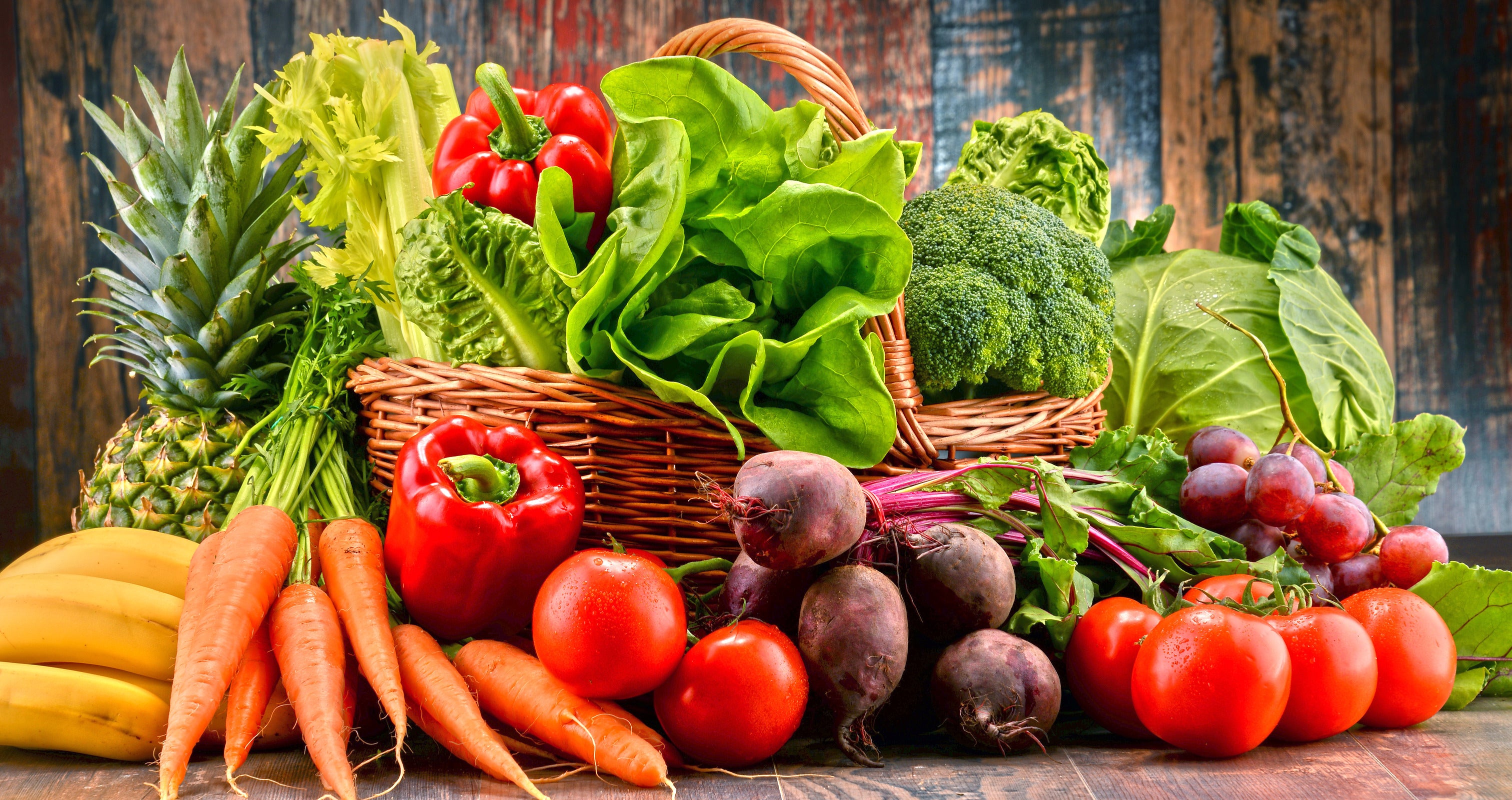
Vegetables are another vital component of the Hemorrhoid Diet, providing essential vitamins, minerals, and fiber to support digestive health. Carrots are rich in soluble and insoluble fiber, aiding digestion and promoting bowel regularity.
Meanwhile, broccoli boasts high fiber content, antioxidants, and anti-inflammatory properties, making it a valuable addition to your diet. Incorporate a colorful array of vegetables into your meals to ensure you get a wide range of nutrients and promote optimal gut function.
Whole Grains
In addition to maintaining steady blood sugar levels, whole grains like brown rice, quinoa, and whole wheat bread can prevent constipation. Compared with refined grains, whole grains contain more fiber and fewer calories. Chia seeds, flax, and psyllium seeds are among the best sources of fiber. They can be added to salads, smoothies, and yogurt.
Fruits & Vegetables
Fruits and vegetables are rich in water, fiber, vitamins, and minerals that can promote digestive health and prevent inflammation. Examples of fruits and vegetables that are high in fiber include berries, apples, broccoli, and spinach.
Lean proteins
A diet rich in lean proteins, such as and maintain digestive tract tissues. Low-saturated fat foods can lower the risk of heart disease as they are low in saturated fats. Despite this, fried and processed meat is high in fat and sodium, so avoid them.
Healthy Fats
Healthy fats such as avocado, olive oil, and nuts are essential for maintaining healthy skin, hair, and nails. In addition to reducing inflammation, these fats can reduce irritation and bleeding in the rectum. Moderation in saturated and trans fat consumption can also reduce the risk of heart disease.
The hemorrhoid diet can effectively manage IBS symptoms and complications by incorporating high-fiber foods, choosing whole grains, fruits, and vegetables, and consuming lean proteins and healthy fats.
Foods to Avoid in a Hemorrhoid Diet for IBS
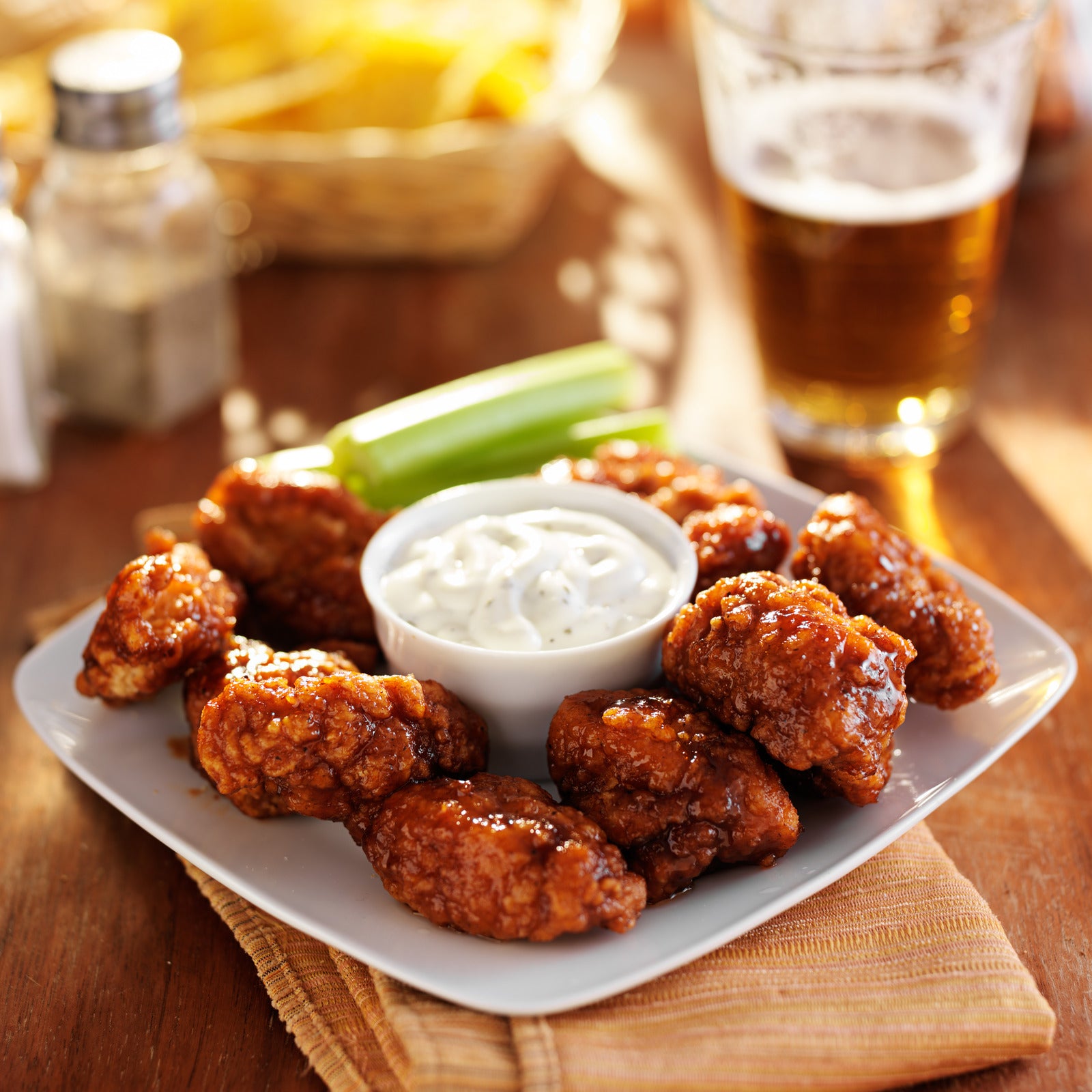
To avoid hemorrhoids, several foods should be avoided if you suffer from irritable bowel syndrome (IBS). Spicy, high-fat, processed, refined carbs and alcohol worsen hemorrhoids. These foods can lead to constipation, dehydration, and inflammation, the hallmarks of hemorrhoids. Opt for a hemorrhoid diet for IBS that excludes these foods and enjoy life without discomfort.
Processed Foods
In processed food, fiber is generally low, and fat and sugar are high, aggravating hemorrhoids and IBS. Fast food, sugary drinks, chips, and snacks are processed foods to avoid in a hemorrhoid diet.
Dairy
IBS symptoms can be triggered by dairy products such as milk, cheese, butter, and ice cream, which can cause bloating, gas, and diarrhea.
Spicy Foods
Foods like chili, peppers, and curries can cause discomfort and irritation in the digestive tract, leading to hemorrhoid and IBS symptoms.
Fried Foods
Fried foods are high in fat, which can cause constipation and worsen hemorrhoid and IBS symptoms.

Caffeine
As a stimulant, caffeine can cause dehydration, constipation, and digestive tract irritation, exacerbating hemorrhoids and IBS. Coffee, tea, and energy drinks should be avoided or consumed in moderation.
Peanuts, popcorn, alcohol, beer, chocolate, and certain other foods can also contribute to hemorrhoidal problems. Internal hemorrhoids form inside the rectum. They form in an area with no skin and, therefore, no feeling.
Gas-Producing Foods
Certain foods can produce gas in the digestive tract, leading to bloating and discomfort, particularly for individuals with IBS. Limit gas-producing foods like beans, lentils, cruciferous vegetables (broccoli, cabbage, cauliflower), and carbonated beverages.
Fatty Foods
High-fat foods can be difficult to digest and may exacerbate symptoms of both diverticulitis and IBS. Avoid fried foods, fatty meats, creamy sauces, and full-fat dairy products.
Dairy Products
Dairy products containing lactose can be problematic for individuals with lactose intolerance or IBS. Avoid milk, cheese, yogurt, and ice cream if they trigger digestive symptoms.
Artificial Sweeteners
Some artificial sweeteners, such as sorbitol and mannitol, can cause gastrointestinal distress, including bloating, gas, and diarrhea. If you have diverticulitis or IBS, read food labels carefully and avoid products containing these sweeteners.
Lifestyle Tips for IBS and Hemorrhoids

The symptoms of IBS (Irritable Bowel Syndrome) and hemorrhoids can be challenging, but certain lifestyle adjustments can significantly improve quality of life. Here are some comprehensive lifestyle tips designed to manage both conditions effectively:
Mindful Eating Habits
Eating small, frequent meals can ease IBS symptoms. Chewing food thoroughly and eating slowly aids digestion. Incorporating fiber-rich foods and staying hydrated can also support gut health. Consulting a healthcare provider for personalized advice is key. Making mindful food choices and managing stress levels are crucial in managing IBS effectively.
Stress Reduction
Stress worsens IBS symptoms. Including stress-relieving activities such as meditation or yoga in your routine can help. These practices promote relaxation and may alleviate gastrointestinal discomfort linked to stress.
Prioritizing mental well-being alongside physical health is key to managing the impact of stress on digestive health.
Sit Down To Eat, And Don’t Rush Through Meals
Taking the time to sit down and eat without rushing is an essential practice for those managing IBS. This approach encourages mindful eating, which allows for better digestion and absorption of nutrients. It minimizes digestive distress by promoting a relaxed environment for your body to process food efficiently.
Focusing on your meal makes you more likely to notice satiety cues, preventing overeating, which can trigger IBS symptoms.
Avoid Eating Late At Night
Eating late at night can disrupt your digestive system's natural rhythm, leading to increased IBS symptoms. Late meals mean your body has to work overtime to digest food when it should be preparing for rest.
Finishing your last meal at least 3 hours before bedtime gives your digestive system ample time to process food, reducing the risk of discomfort and promoting more restful sleep.
Benefits Of The Diet For Ibs And Hemorrhoid Sufferers
Adopting a specific diet designed to alleviate symptoms of both IBS (Irritable Bowel Syndrome) and hemorrhoids can provide significant benefits and improve the quality of life for sufferers. Here are key benefits of following a well-considered diet plan for persons dealing with these conditions:

Reduced Digestive Discomfort
A diet high in fiber from sources like fruits, vegetables, whole grains, and legumes can help create softer, bulkier stools. This eases their passage and reduces the need for straining during bowel movements, decreasing the risk of aggravating hemorrhoids and minimizing digestive discomfort associated with IBS.
Improved Bowel Movements
Regular intake of dietary fiber helps regulate bowel movements, which is crucial for both IBS and hemorrhoid management. Consistent, easier bowel movements prevent constipation a common trigger for hemorrhoid pain and IBS flare-ups.
Decreased Inflammation
Consuming a diet rich in anti-inflammatory foods, such as leafy greens, nuts, seeds, and fatty fish (for those not on a vegetarian or vegan diet), can help reduce inflammation in the body. This is beneficial for soothing and potentially reducing IBS symptoms and the swelling associated with hemorrhoids.
Enhanced Gut Health
A diet that includes a variety of fiber-rich foods contributes to a healthier gut microbiome by promoting beneficial bacteria growth. This can improve digestion, enhance nutrient absorption, and strengthen the immune system, contributing to overall digestive health and aiding in the management of IBS symptoms.
Prevention of Complications
By mitigating the primary symptoms associated with IBS and hemorrhoids, such as constipation and straining, this diet also works to prevent potential complications like anal fissures, chronic blood loss, and anemia. It can also help avoid the worsening of hemorrhoids, which might otherwise require surgical intervention.
Increased Hydration
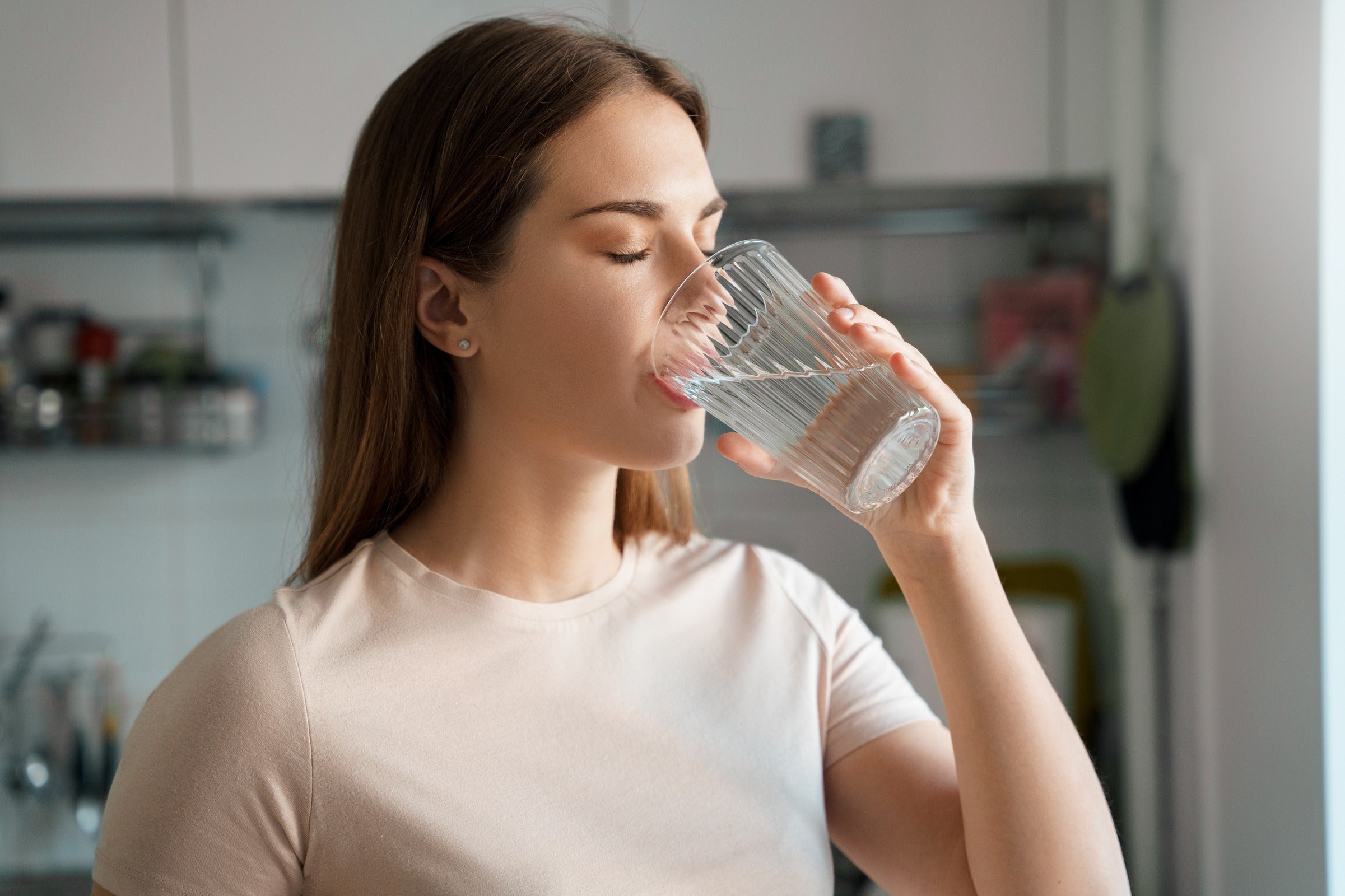
Staying well-hydrated is an essential part of any diet for managing IBS and hemorrhoids. Proper hydration helps soften stool, making it easier to pass and reducing strain. Drinking enough water also supports overall digestive health, aiding in the absorption of soluble fiber and contributing to smoother digestion.
Better Nutritional Intake
Focusing on a balanced diet ensures that all nutritional needs are met, supplying the body with essential vitamins, minerals, and other nutrients necessary for maintaining healthy tissue, including the lining of the intestines and the veins around the anus and rectum.
Enhanced Quality of Life
Ultimately, the combination of reduced pain, fewer digestive symptoms, improved bowel health, and better overall nutritional status contributes to an enhanced quality of life. They may find they have more energy, experience less stress related to their symptoms, and enjoy a broader range of activities without the constant concern of triggering their IBS or hemorrhoid symptoms.

Conclusion
Having hemorrhoids and IBS is no picnic, but taking a hemorrhoid diet for IBS can relieve discomfort. Avoid processed foods, dairy products, spicy food, fried foods, and caffeine while focusing on high-fiber foods, lean proteins, and healthy fats.
Incorporating tips like meal planning, gradual dietary changes, and stress management can also help. Your healthcare provider may recommend a hemorrhoid diet for IBS if you have hemorrhoids or IBS.

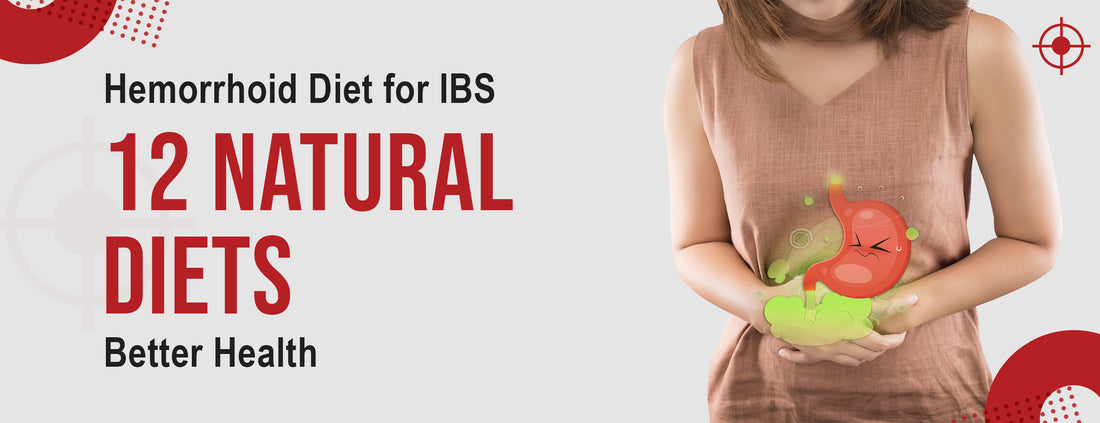



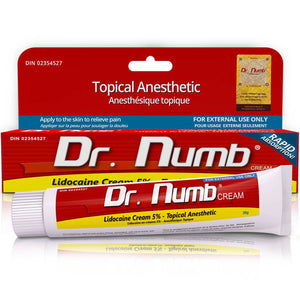
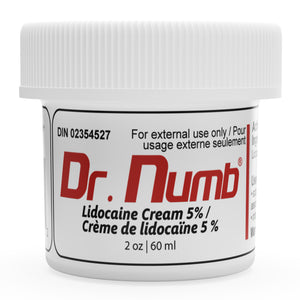
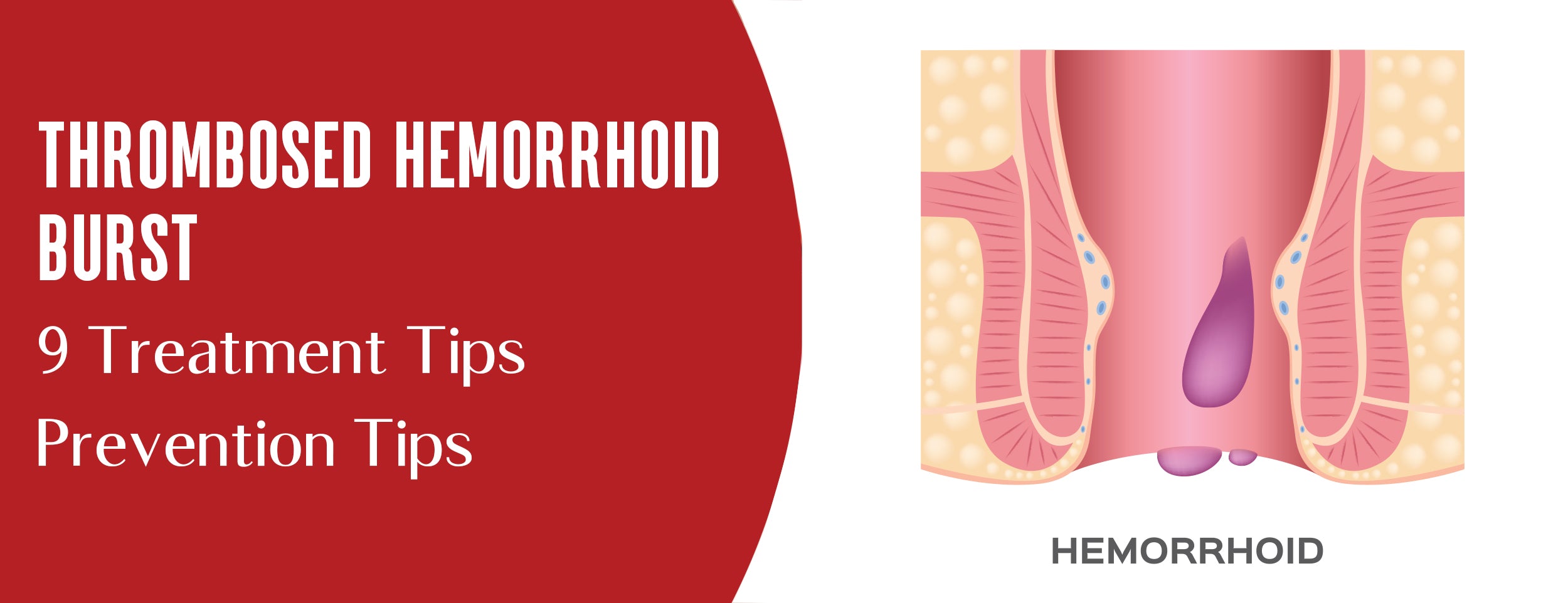
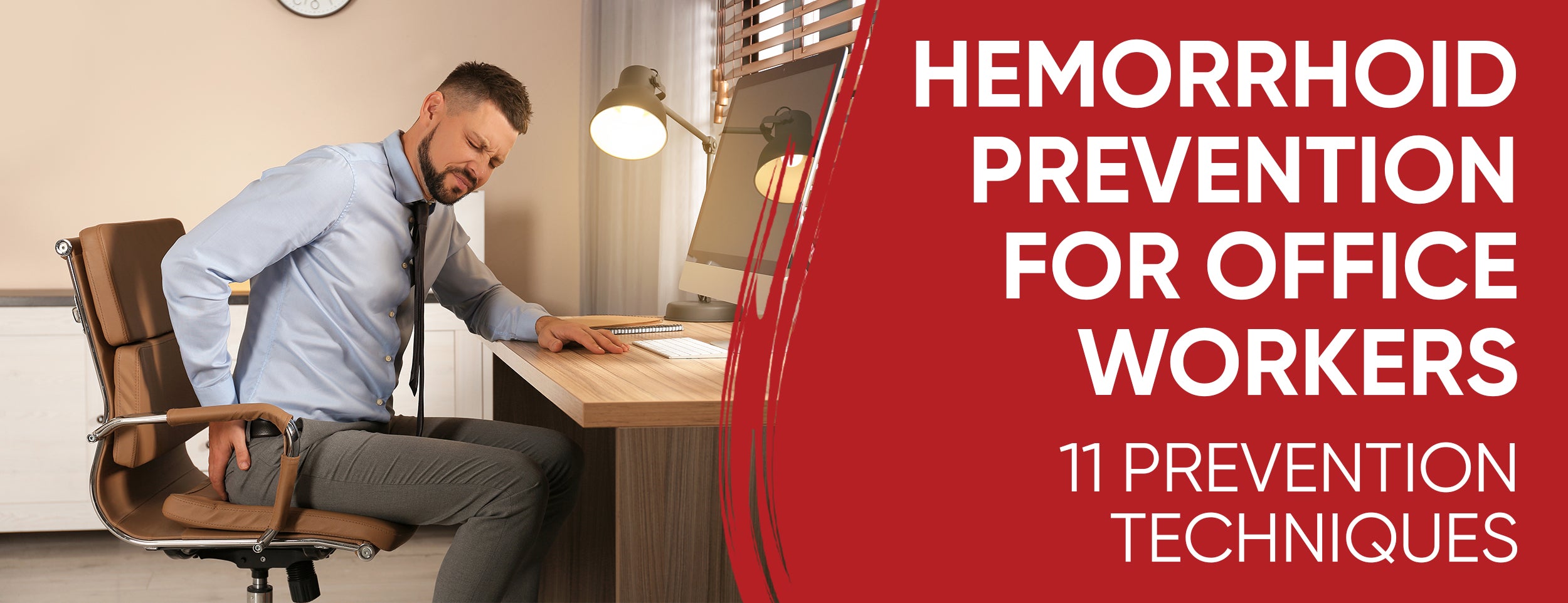
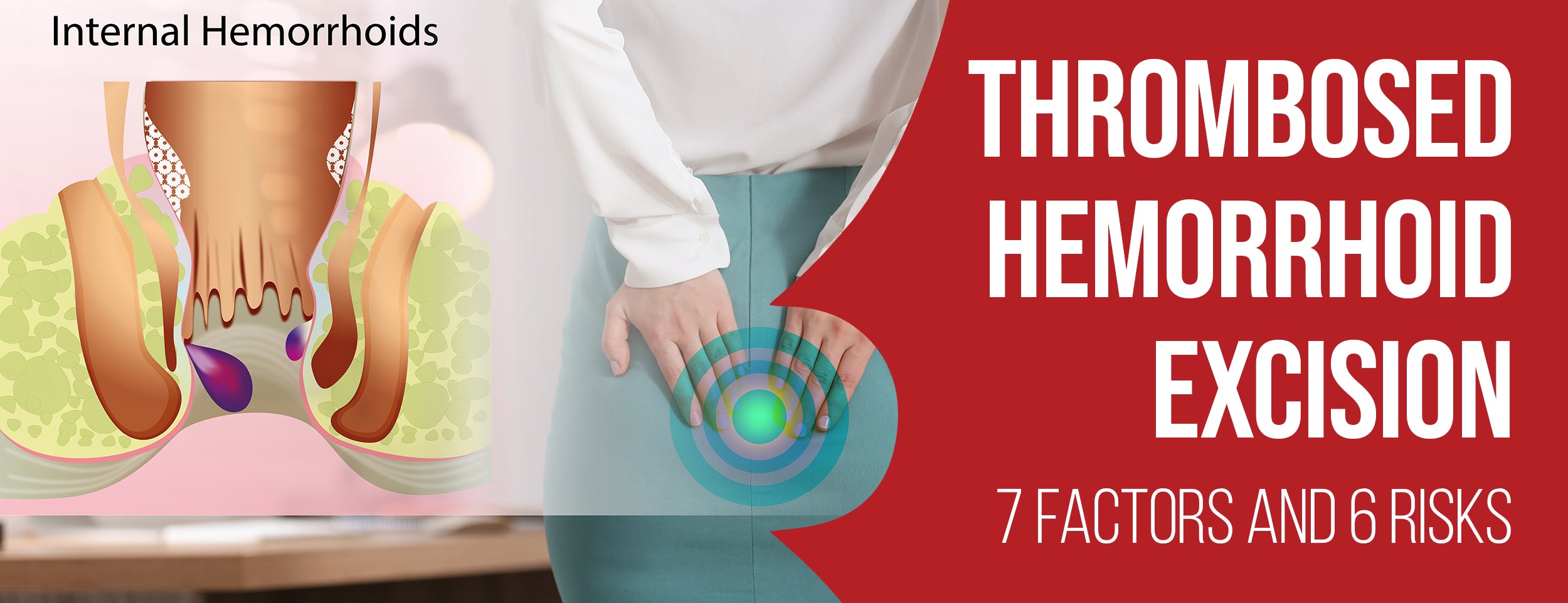
![Precautions & 6 Steps to Draining Thrombosed Hemorrhoids [DIY]](http://drnumb.ca/cdn/shop/articles/Draining_Thrombosed_Hemorrhoid_Yourself__6_Steps_8_DIY_Tips_With_Precautions.jpg?v=1713931775)

